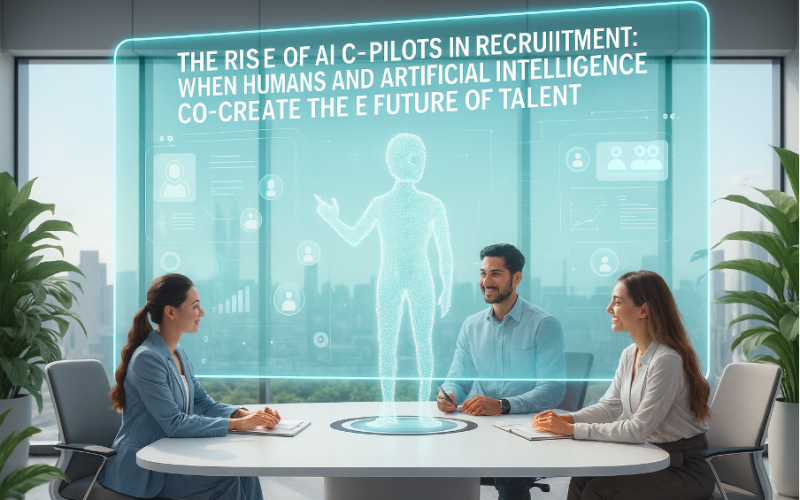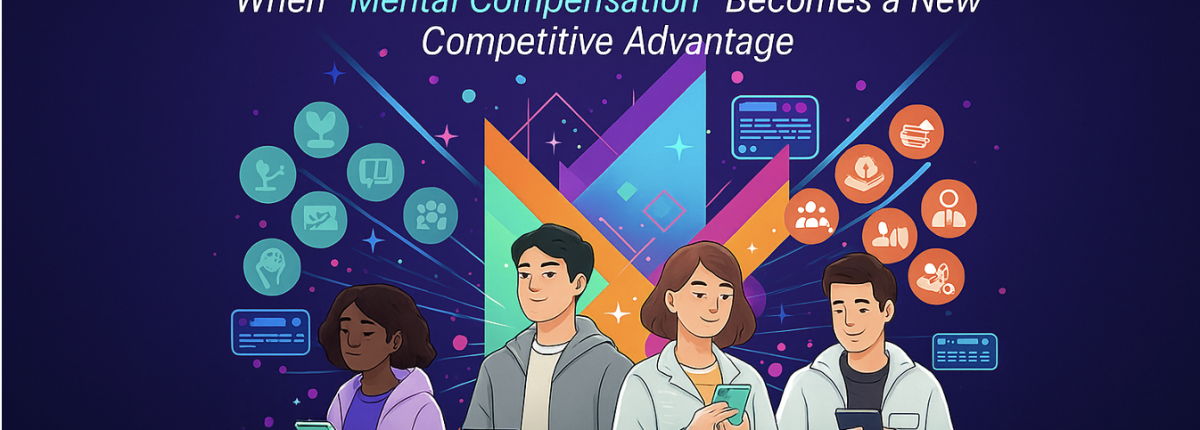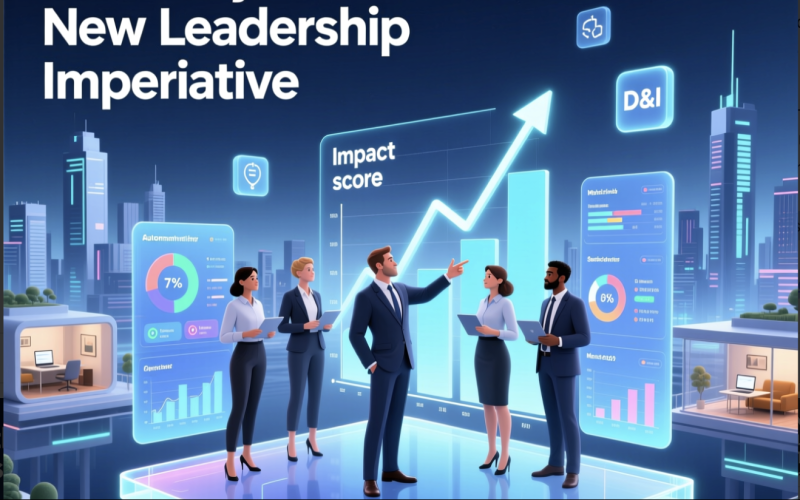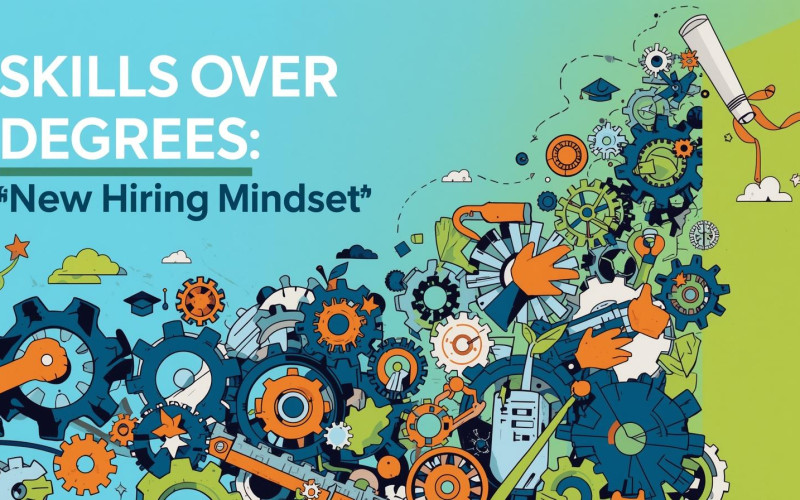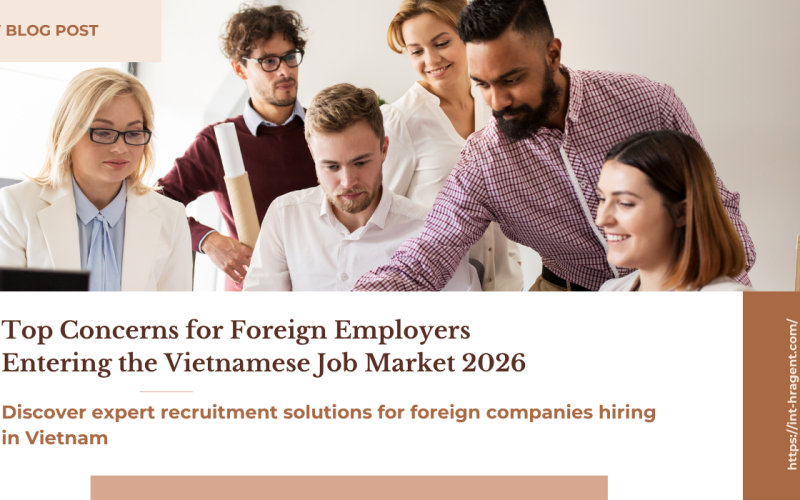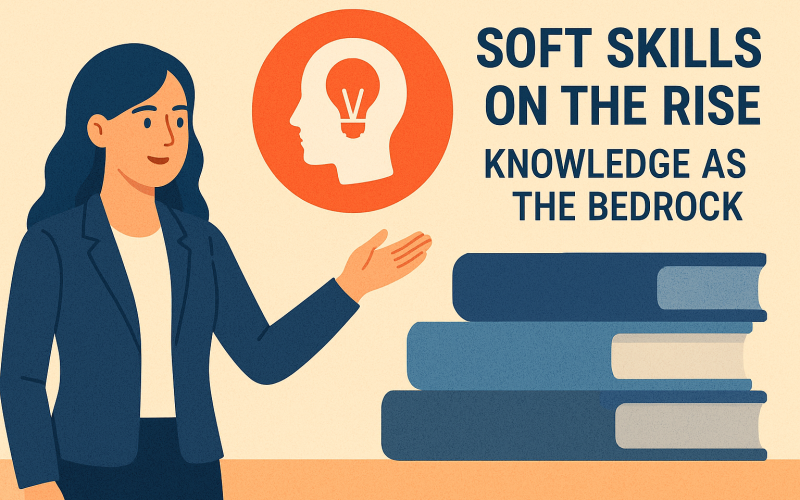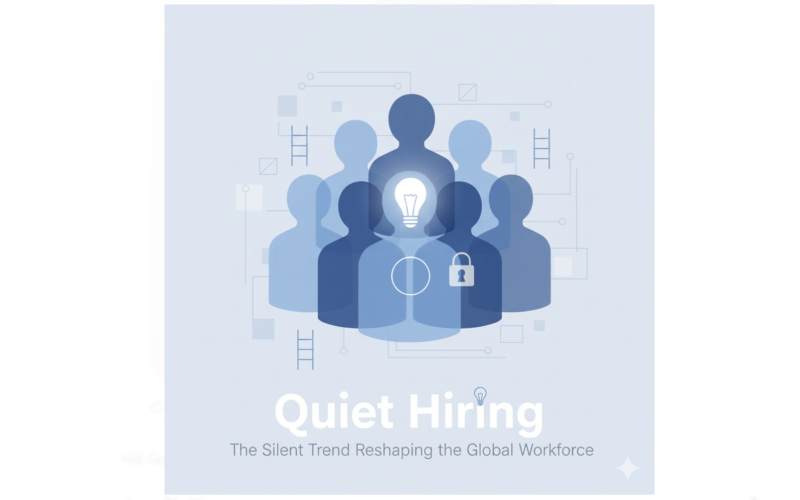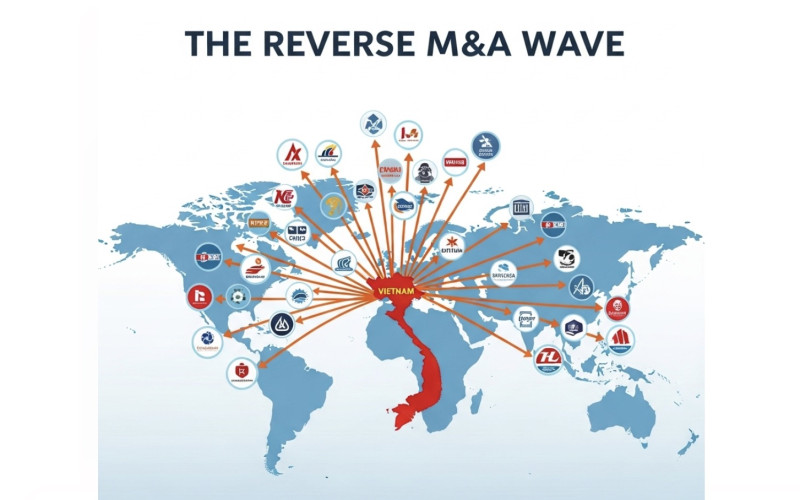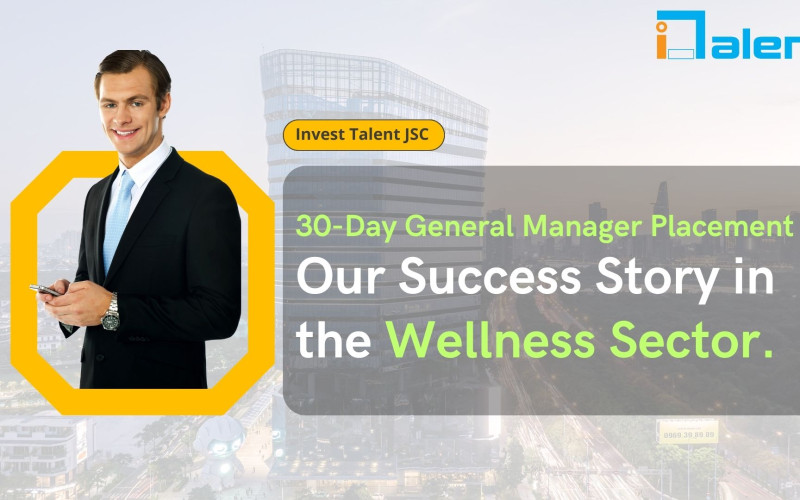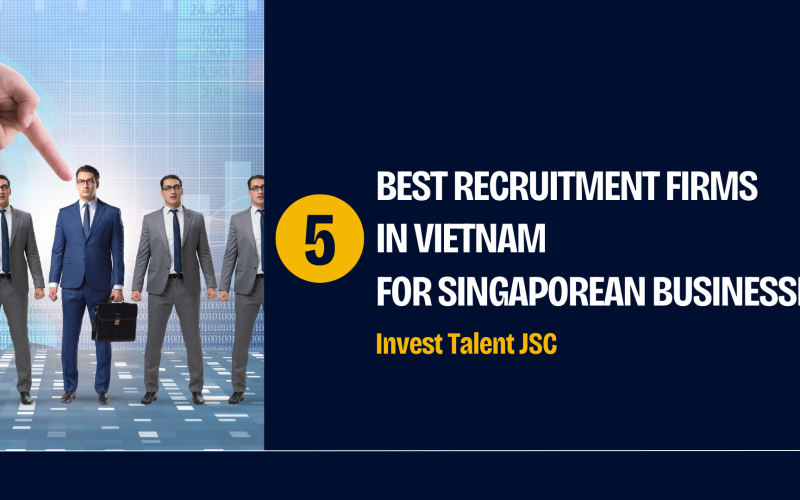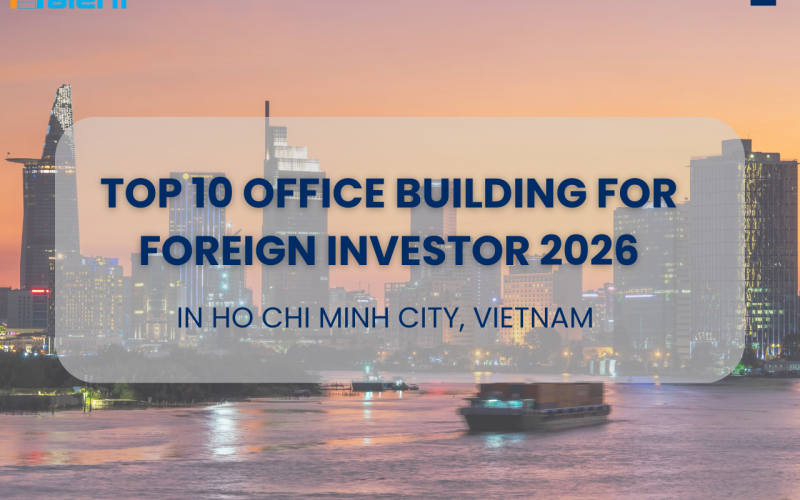Total Rewards for Gen Z: When “Mental Compensation” Becomes a New Competitive Advantage
Gen Z needs more than just high pay. Discover a comprehensive Total Rewards strategy — including Financial Wellness, Mental Health, and Flexible Work Schedules — to effectively attract and retain Gen Z talent in 2025.
I. Gen Z – The Generation Demanding a Completely Different Compensation Package
Generation Z (born from 1997 onwards) is rapidly becoming the dominant force in the global workforce, reshaping HR strategies and redefining workplace culture.
For Gen Z, a job is more than a paycheck — it’s an extension of their identity and lifestyle. They seek meaning, balance, and a sense of belonging in their professional journey.
If your organization still focuses solely on base salary and traditional benefits, you risk missing out on this new wave of talent. Gen Z values transparency, purpose, and holistic compensation, professionally known as Total Rewards.
The Total Rewards framework includes five key elements:
- Compensation
- Benefits
- Performance & Recognition
- Career Development
- Work Environment / Work-Life Balance & Wellbeing
In this article, int-hragent.com explores the five essential components of Total Rewards — with a special focus on the three non-monetary factors Gen Z values most, collectively known as the “Mental Paycheck.”
II. The Foundation — Competitive and Transparent Salary
Let’s be clear: salary still matters. Gen Z is pragmatic and well-informed — they research market data, understand their value, and expect a compensation package aligned with their skills and market standards.
But the true differentiator is salary transparency.
- Fairness: Gen Z believes in open pay discussions and demands clarity on how salaries are determined — based on position, skills, and performance, not personal bias.
- HR Action Point: Establish clear salary grades and communicate them transparently (at least internally). Use reputable compensation surveys to benchmark accurately against the market.
A transparent salary system builds trust, reduces turnover, and strengthens your employer brand.
III. Stability — Financial Wellness Programs
In times of inflation and economic uncertainty, financial stability is a major concern for Gen Z. They don’t see financial wellness programs as perks — they see them as essential support systems.
| Type of Support | Value Proposition for Gen Z |
|---|---|
| Flexible Benefits | Lets employees customize insurance, retirement, or savings plans that fit their personal needs and life stage. |
| Financial Coaching | Offers guidance on budgeting, debt management, and smart investing through workshops or expert consultations. |
| Hybrid/Remote Stipends | Helps offset home-office costs such as utilities, internet, or equipment — acknowledging the real expenses of remote work. |
Why it matters:
Financially confident employees experience lower stress levels, higher engagement, and stronger loyalty to the organization.
IV. The “Mental Paycheck” — Prioritizing Mental Health
This is where Gen Z draws the line. They are quick to leave a job that compromises their mental health or ignores their emotional well-being.
To build a mentally healthy workplace, companies should adopt proactive solutions:
1. Employee Assistance Programs (EAPs)
Provide confidential counseling for psychological, legal, or financial issues — often extended to family members. EAPs send a powerful message: “Your company genuinely cares.”
2. Mental Health Days
Allow 1–2 days off annually specifically for mental recovery — no explanations needed.
Encourage disconnection policies such as “no emails after 6 PM” or “no meetings on Friday afternoons.”
These small actions can significantly boost employee morale and retention.
V. Flexibility & Autonomy — Redefining How Work Gets Done
Gen Z grew up in the digital age. They measure productivity by results, not presence.
- Hybrid Work as a Standard: A balanced model between office and remote work is now a baseline expectation, not a perk. Design hybrid systems that ensure fairness for both remote and on-site employees.
- Output-Based Culture: Shift performance evaluation from hours worked to tangible results. This autonomy builds trust, responsibility, and motivation — three values deeply appreciated by Gen Z.
VI. Investing in Total Rewards = Investing in the Future
A Total Rewards strategy is more than a compensation model — it’s a business strategy that drives engagement, retention, and productivity.
By aligning salary, benefits, and the “mental paycheck,” companies can create a sustainable, purpose-driven workplace where Gen Z thrives.
Designing such a strategy — tailored to your company culture, budget, and the Vietnamese labor market — requires expertise and deep understanding.
Are You Ready to Reimagine Your Total Rewards Strategy?
Contact int-hragent.com today for expert consultation on:
- Total Rewards Strategy Design
- Comprehensive Compensation & Benefits Surveys
- Modern HR Policy Development
Let’s help your organization become an employer of choice for Vietnam’s next generation of professionals.
Other Articles
